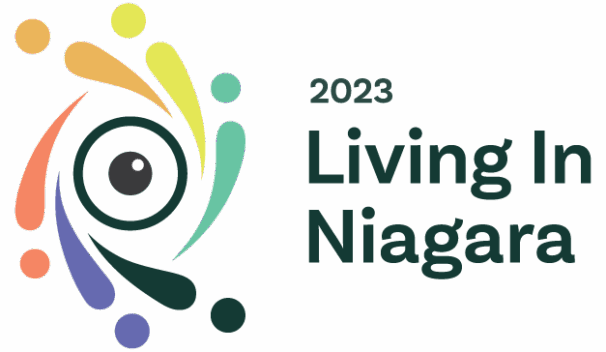[button_link style=”green large” url=”https://www.livinginniagarareport.com/wp-content/uploads/Living-In-Niagara-report-2011-Health-and-Wellness-in-Niagara.pdf”]Click here to download a PDF of the summary version of this sector.[/button_link]
Health is a state of complete physical, mental, social and spiritual well-being and not merely an absence of disease or infirmity (adapted from World Health Organization, 1948 to include spiritual). The health of a population is influenced by the overall health of its citizens as well as the social, political and economic determinants of health, including employment, education, income, and housing. Accessible, appropriate and timely care across the lifespan includes: health promotion, disease and risk prevention, health education, primary health care, complementary health care, acute care, treatment and rehabilitation to assist citizens to maintain or restore their health and well being. Palliative care, hospice care and compassionate care for terminal illness, and providing dignity and comfort for the dying are essential. Primary health care principles are important in Niagara; they include: accessibility; public participation; health promotion; appropriate skills and technology; and inter-sectoral cooperation.
What we are doing well…
Niagara has four Community Health Centers (CHCs), and Nurse Practitioners are being engaged across the region. Many specific health services across the continuum of care are available throughout Niagara. The Local Health Integration Network (LHIN) and other groups are engaged in health planning. In 2008, the new Niagara campus of McMaster University’s Michael G. DeGroote School of Medicine placed medical students and residents in hospitals and care centers across the region; the first 19 graduated in 2010. Brock University offers a Bachelor of Science degree in Nursing, as well as Canada’s first Bachelor of Public Health program. Niagara College offers practical nursing, dental health, personal support worker and paramedic programs.
By working together, we can improve health and wellness in Niagara
The health care system in Niagara includes a continuum of health promotion, disease prevention, primary care, treatment, rehabilitation, hospital care, complementary care, palliative and hospice care. A focus on public health priorities and the Healthy Living Niagara community recommendations to reduce obesity, cardiovascular disease and chronic health conditions will help to create a healthier population and reduce the need for hospital services. Attracting health care professionals with the skills required for Niagara’s population is a priority. Reducing wait times for some diagnostic services, cancer care and surgeries is also important. It is essential that we develop, strengthen, and coordinate mental health services in Niagara.
Emerging Activity
- The construction of a new acute care facility is being completed in St. Catharines by the Niagara Health System (NHS) for 2012.
- Niagara Public Health has many programs and launched The Health Story of Niagara in 2009, with updates provided as new data is available.
- In 2011, Niagara College opened the doors to its new Applied Health Institute on the Welland Campus.
- Brock is completing a new Cairns Family Health and Bioscience Complex.
- Mental health and wellness for citizens of all ages is identified as an area needing intersectoral coordination.
- In 2011, additional funding was approved for mental health services for children and youth in Niagara.
- In 2011, Healthy Living Niagara engaged the community in identifying 5 priorities for health promotion and policy development for reduction of rates of obesity, cardiovascular disease and chronic health conditions.
- An evidence-based approach is being used by the Niagara Suicide Prevention Coalition to update their regional strategy to minimize the burden of suicides in Niagara.
- Niagara Regional Police Service (NRPS), nurses and mental health workers have formed a mobile crisis response unit, COAST Niagara, coordinated by Canadian Mental Health Association Niagara, with a focus on adults with serious mental illness, substance abuse and the homeless.
Suggested Action Steps
that emerged from the data, and discussions with community expert opinion leaders:
- Raise public awareness of the role of our Community Health Centres and the primary health care services in Niagara. This approach would make better use of skills and resources throughout the entire health services delivery continuum, including hospitals and emergency services.
- Engage the community of Niagara in the development of strategies to enhance public trust and confidence in our region’s health care system and its leadership.
- Strengthen the links between services across all sectors that affect the health of the elderly.
- Continue to develop intersectoral collaboration among mental health organizations and service providers in Niagara.
- Encourage inclusion of mental health anti-stigma principles in planning across all human service areas in Niagara.
- Support the evidence-based planning approach of the Niagara Suicide Prevention Coalition.
[call_to_action title=”Expert Opinion Leader Rating” tag_line=”A little progress being made.” button=”3a” link=”JavaScript:alert(‘A little progress being made.’);”]








